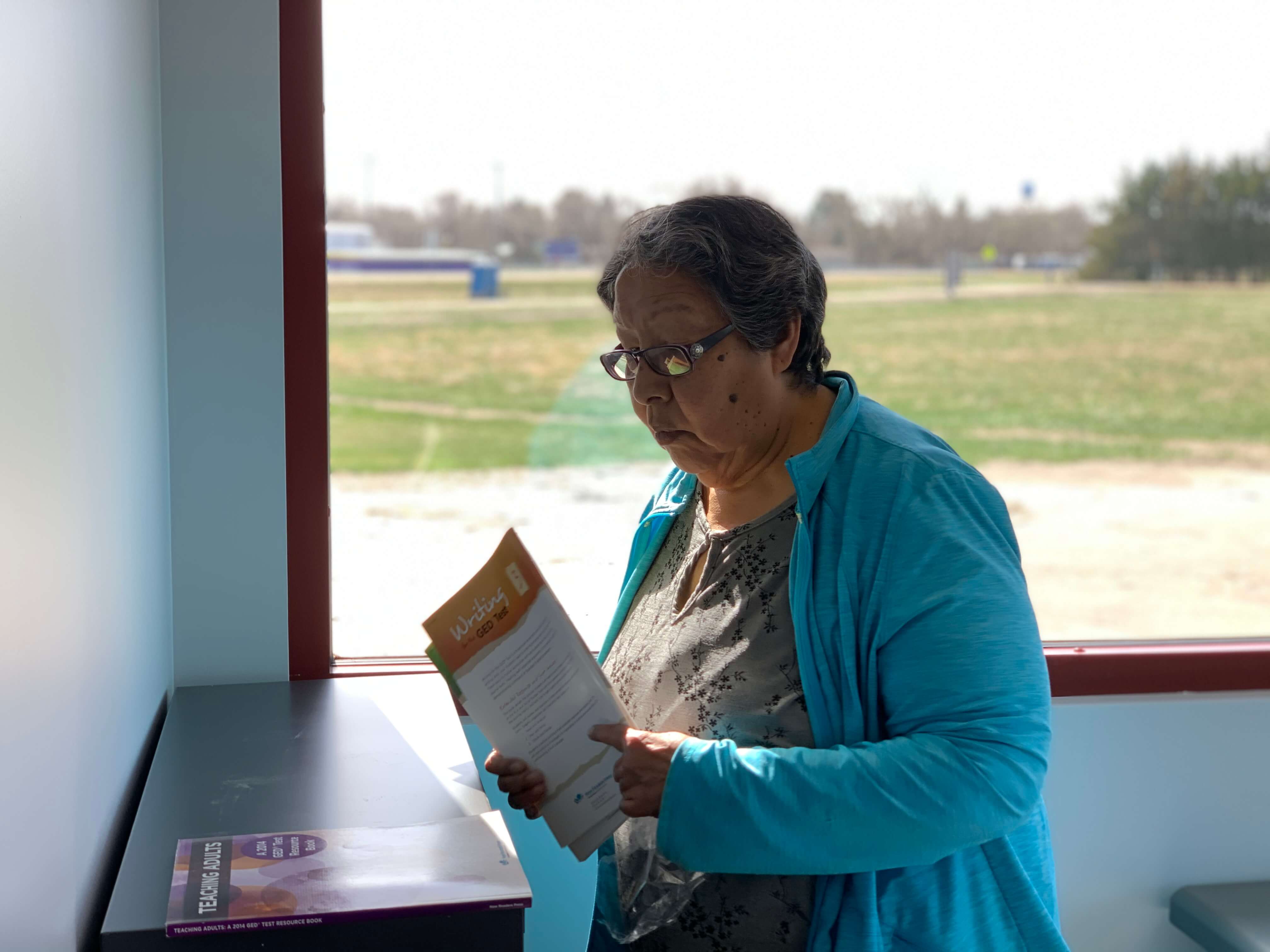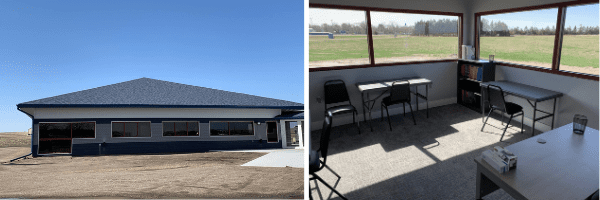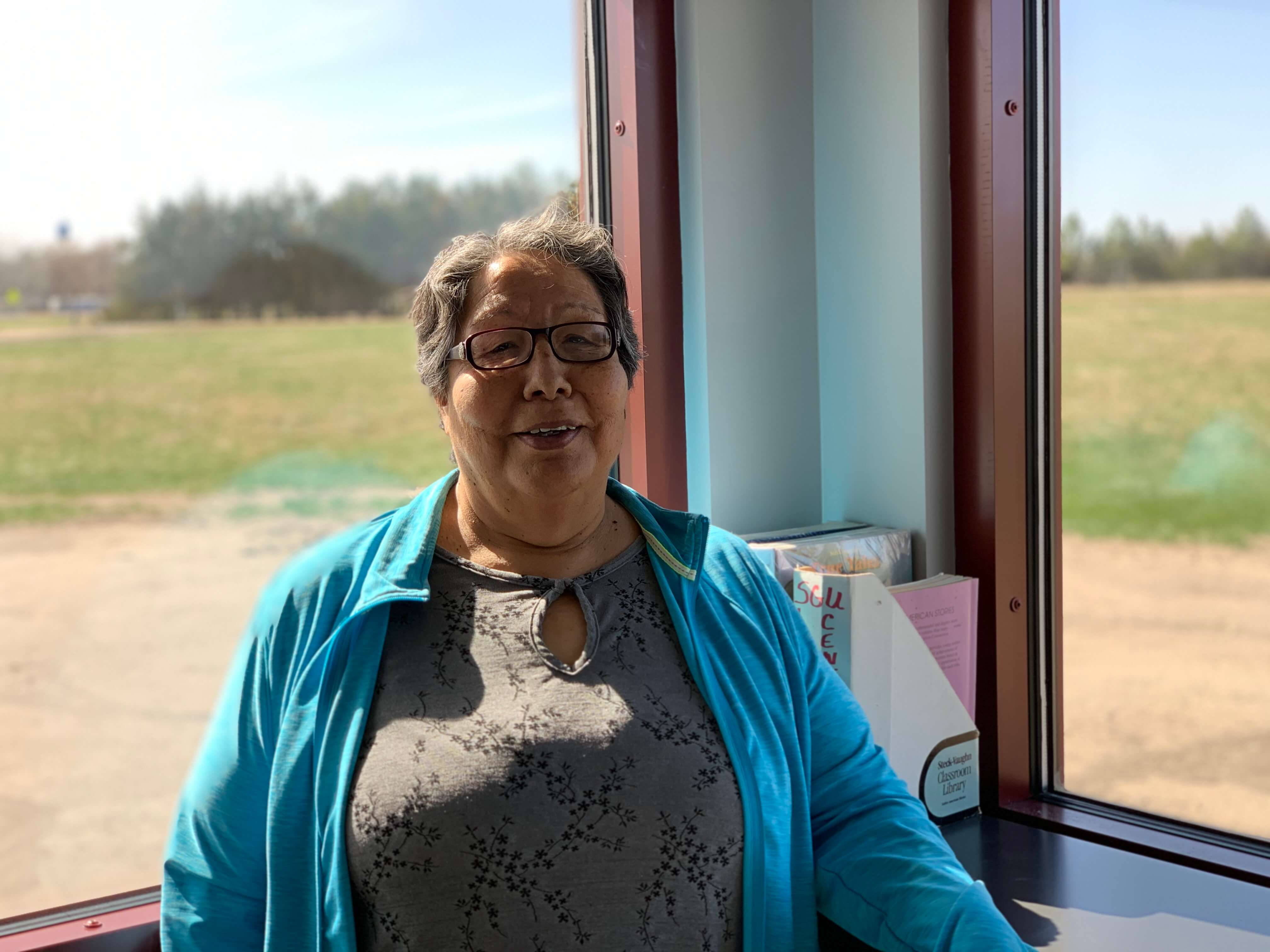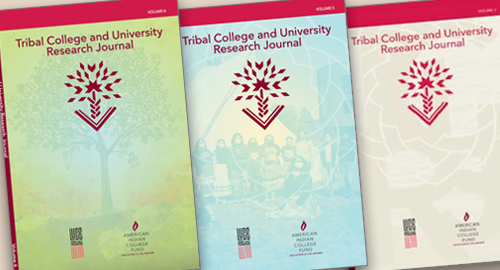by Sherman Marshall, SGU Adult Basic Education Director
For Debbie Burnette, joining Sinte Gleska University’s (SGU) Adult Basic Education (ABE) department in March 2020 was like coming home. Debbie’s connection with the ABE department goes back to 1979 when she received her GED from the ABE department. Reflecting on her experience, Debbie explains, “It was a lot different back then. All you did was walk in and take your test.”

Debbie Burnette organizes learning materials at the new Adult Basic Education office in White River, South Dakota
Debbie first worked as a GED Tutor at the department’s Mission office from 2009 to 2014. After six years, she returned to the ABE department as a part-time Community GED Tutor. Through her work with the American Indian College Fund’s Dollar General American Indian and Alaska Native Literacy and Adult Education Program, Debbie provided community outreach tutoring services at the Rosebud Sioux Tribe Adult Corrections Facility and the Child Care Program.
Debbie uses her own experience to offer encouragement and motivation to her students. “Getting my GED was the best thing I accomplished for myself. I was a young mother with two children, so it opened the door for me to go to college. After graduating, I got a job with the university’s library.”
In December 2020, the university began to explore options for opening an ABE office in White River, South Dakota. The department was able to find a space in the newly constructed SweetSpot America Business Center. The White River location will extend SGU’s reach to the northern communities of the Rosebud Reservation.

SweetSpot America Business Center in White River and inside a White River Classroom
In April 2021, Debbie transitioned to the full-time GED Tutor position at the White River office. The opening of the department’s newest office will bring Debbie full circle in her GED journey. “I actually received my GED in White River,” she explains. In the 1970s and ‘80s, the SGU ABE department had tutors in most of the 20 reservation communities, often using community buildings for tutoring and testing. Now, White River has its own office and Debbie is happy to be back. She says, “I am excited about working in the White River community. This site is essential in reaching and helping people fulfill their goals of furthering their education or getting a job.”
The White River office will be open Monday through Friday from 8:30 A.M. to 4:30 P.M. and will offer adult basic education and GED preparation services. For more information about the SGU Adult Basic Education department, visit www.sintegleska.edu/adult-basic-education.










